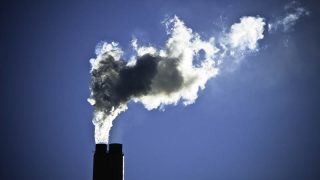-
Supreme Court greenlights EPA limits on greenhouse gas emissions from coal-fired power plants
Date posted:
-
-
Post Author
Tracey Biller
-
![]()
The United States Supreme Court is allowing the Environmental Protection Agency (EPA) to enforce its stringent restrictions on greenhouse gas emissions from coal-fired power plants. For now.
Issued in May 2024 and effective from July, the power plant restrictions mark the first time the federal government has restricted carbon dioxide emissions from existing coal-fired power plants.
The new standards, which face legal challenges from various quarters, oblige coal plants that plan to stay open beyond 2039 to cut or capture 90% of their carbon dioxide emissions by 2032. Plants that expect to retire by 2039 face a less stringent standard but have to capture some emissions. Coal plants that are set to retire by 2032 are not subject to the new rules.
The EPA says the restrictions will avoid 1.38 billion metric tons of carbon pollution through 2047, equivalent to the annual emissions of 328 million gas cars. They will also provide hundreds of billions of dollars in climate and health benefits, measured in fewer premature deaths, asthma cases and lost work or school days.
During October, it was widely reported that in a 7-1 vote, the Supreme Court had rejected requests for emergency relief filed by more than two dozen states and the energy industry asking for the measure to be halted.
The merits of the case will be decided by the federal appeals court in Washington, D.C.
While the temporary 7-1 ruling might bode well for the EPA’s case, the spectre of a second Trump presidency looms large over the future role of the EPA itself. To quote Carbon Herald editor Vasil Velev in his own article on this story, ”During his 2016-2020 administration Trump rolled back over 125 environmental regulations and this could be the case in a potential new term.”

